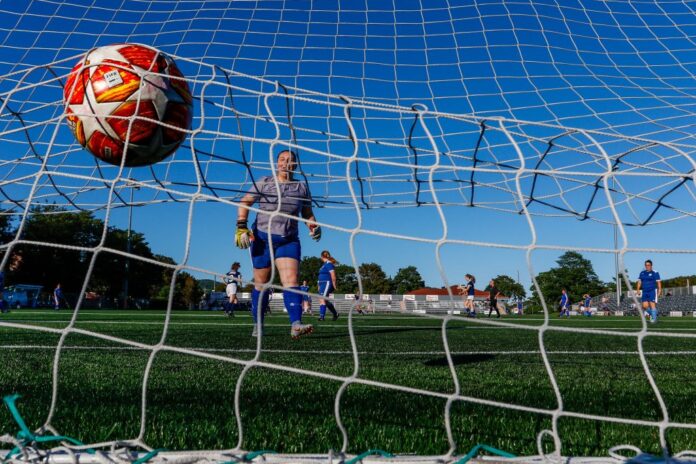The NCAA’s upcoming decision on standardized testing requirements for student-athletes, set to be discussed in January in Texas, marks a pivotal moment for collegiate athletics and admissions policies. Throughout the COVID-19 pandemic, both the NCAA and universities nationwide temporarily waived or modified admissions and eligibility criteria, including standardized testing requirements, due to widespread disruptions in education and testing accessibility.
Historically, NCAA Division I and Division II student-athletes have been subject to specific academic eligibility standards, including minimum GPAs and required completion of core courses, alongside standardized test score thresholds. The NCAA has employed a sliding scale where higher GPAs correlate with lower required test scores, aiming to balance academic performance with athletic prowess.
As institutions waived testing requirements during the pandemic, the NCAA followed suit, citing the closure of testing centers, disrupted learning environments, and limited access to test preparation resources for students. However, with pandemic conditions evolving, the rationale for these waivers has become less compelling.
Recently, the NCAA’s Standardized Test Task Force has recommended permanently removing the test score requirement. This recommendation aligns with the NCAA’s broader initiative to advance racial justice and equity, positioning the elimination of testing requirements as a step towards greater inclusivity and accessibility in collegiate athletics. Felicia Martin, Vice President of the NCAA Eligibility Center, emphasized equity considerations, the trend towards test-optional admissions in higher education, and an assessment of standardized tests’ predictive validity in academic success as factors influencing this decision.
Critics argue that justifying the removal of testing requirements based on racial equity grounds oversimplifies complex issues and potentially undermines academic standards. Dr. Frederick Prete’s analysis suggests that racial disparities in test scores diminish when accounting for factors like course rigor and educational aspirations. Additionally, the notion that eliminating testing requirements will significantly enhance racial equity in higher education remains contentious, with concerns raised about perpetuating low expectations for underrepresented minority students.
Moreover, the NCAA’s broader agenda, encompassing initiatives like inclusive language manuals and unconscious bias training, suggests a prioritization of virtue signaling over rigorous analysis of academic outcomes for student-athletes. Critics contend that eliminating testing requirements without robust statistical justification risks compromising the academic integrity necessary for student-athletes to succeed both athletically and academically.
In contrast to eliminating testing requirements, some propose collaborating with professional sports leagues like the NBA and NFL to establish alternative pathways for high school athletes pursuing careers in sports. This approach would provide athletes with a choice beyond compulsory collegiate participation, potentially alleviating pressure on universities to compromise academic standards for athletic recruitment.
Within the University of North Carolina (UNC) System, minimum admissions requirements apply universally, although individual schools often adopt specialized processes for admitting student-athletes. UNC Chapel Hill, for instance, features a Student-Athlete Academic Initiative Working Group tasked with balancing competitive admissions policies with the admission of athletes demonstrating exceptional talent.
However, concerns persist regarding potential compromises in academic standards at athletics-focused institutions, where policies may prioritize athletic prowess over academic preparedness. Such compromises, critics argue, underscore the need for NCAA oversight to ensure that student-athletes meet essential benchmarks for collegiate coursework, safeguarding academic integrity across institutions.
In conclusion, the NCAA faces a critical juncture in determining the future of standardized testing requirements for student-athletes. Balancing the imperatives of athletic recruitment with academic rigor and equity considerations poses significant challenges. As discussions unfold in January, stakeholders will scrutinize whether the NCAA’s decision aligns with fostering both athletic excellence and academic integrity within collegiate sports.
Author Information: Harrington Shaw is an intern at the James G. Martin Center for Aca










